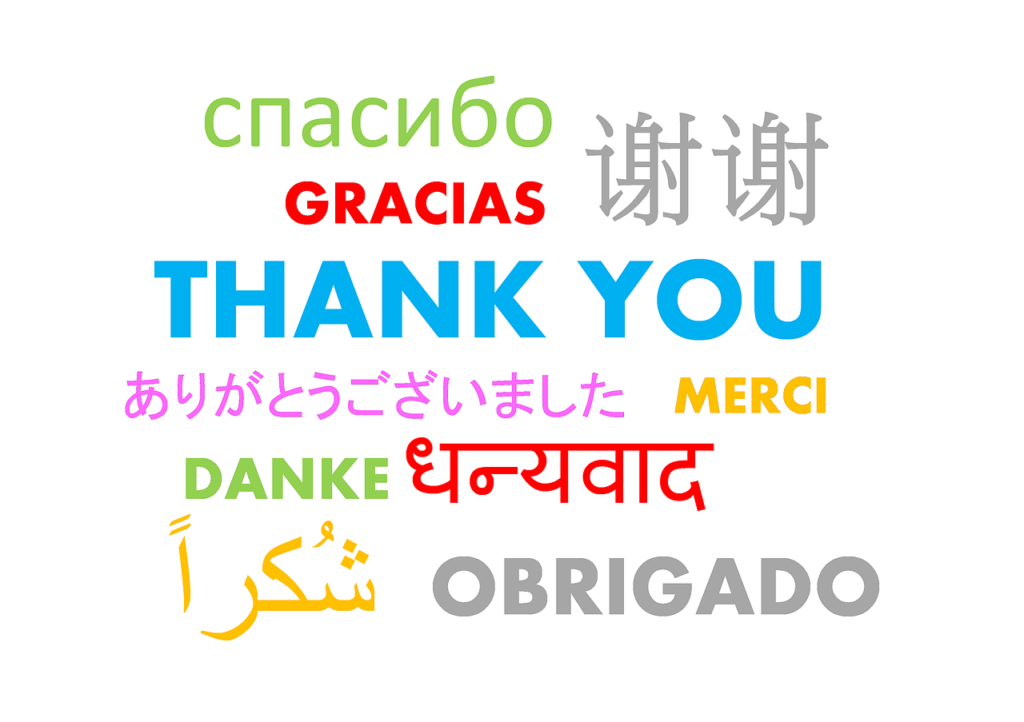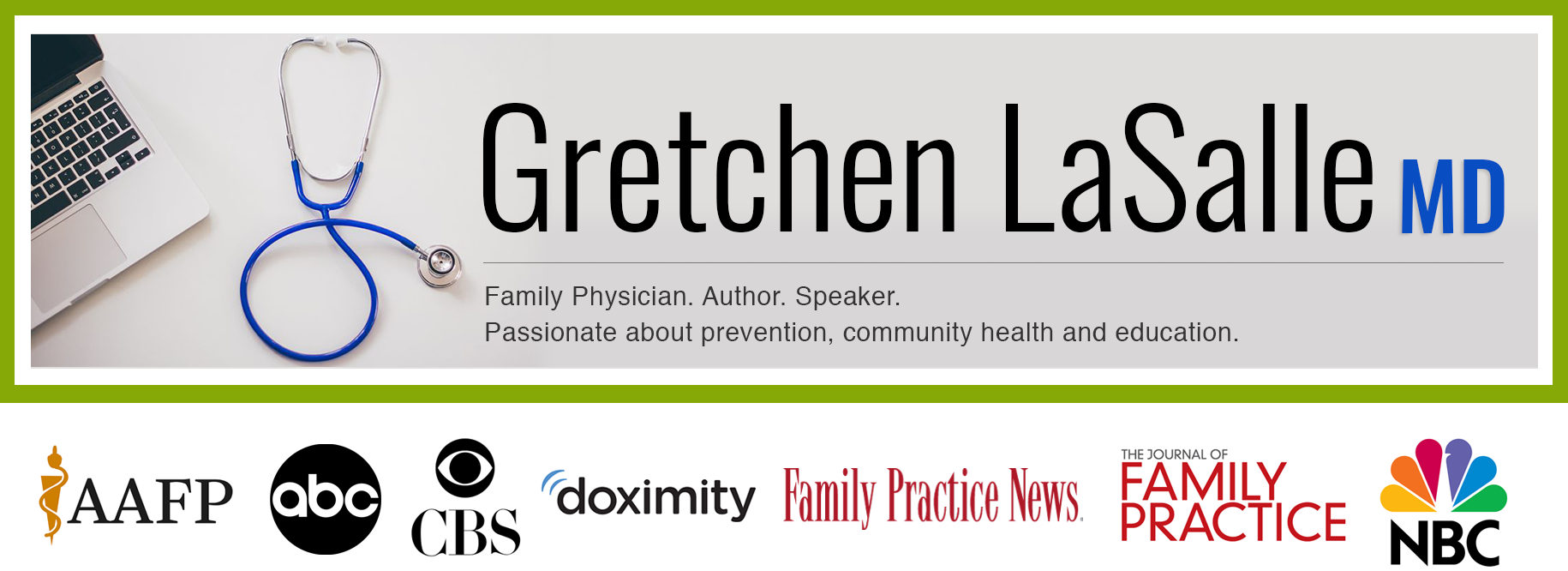Let’s look at a common refrain that we hear from many who are skeptical about getting a COVID vaccine. Translation: Do scientists even know what they are talking about?
“The CDC and public health COVID guidelines keep changing. How can I trust what they say about COVID vaccines?”
This concern makes total sense. At least, when you look at the ever-changing guidelines from the perspective of your average non-scientist. For example, in the beginning of the pandemic, we were told that your regular citizen didn’t need to mask. Now some experts recommend that we all wear not one mask, but two. One week, the director of the CDC is voicing a feeling of “impending doom” over the recent rise in COVID19 cases. Soon thereafter, we hear that the CDC supports travel within the U.S. for those who have been vaccinated.
Our messaging can, at times, seem contradictory. It’s easy to see how all the back and forth can be confusing, frustrating, and might instill doubt in the advice of our experts.
Let’s think about science in a different way
But here’s what I want you to know. And, hopefully, this will help restore some confidence for those currently doubting our pandemic and vaccine recommendations and those who make them.
Science is more of a verb than a noun
Traditionally, we have viewed science as this entity that is fixed and sure. And, as such, we have little tolerance for scientific information that changes. But I would argue that we need to think about science in a different way – as an action, a process. It is a field that embraces, and even rejoices in, constant change.
As we’ve discussed before, scientists observe the world, propose theories about how the world works, then test those theories. Their tests either confirm or contradict their hypothesis. But one test, one study, does not a scientific fact make. Only after numerous researchers, testing the same theory, in different labs, with different test subjects, find the same outcome do we consider our theory a scientific “fact”. And, it is not uncommon that testing leads to more questions than answers. For scientists, this is super exciting. Scientists love another challenge, something else to test.
 Science can leave us with more questions than answers. Image from Pixabay.
Science can leave us with more questions than answers. Image from Pixabay.
The scientific process is on full display – in all its messy glory
Now, if you are someone working with the understanding that science is a noun, questions only leading to more questions can be frustrating. We just want the answers, right? Just tell me what I need to do to keep myself and my family safe. And then, imagine that you are someone without a scientific background, trying to keep track of all the in-your-face science that is happening right now. We see it on the news, we hear about it from friends and colleagues. All people, with or without scientific training, are discussing science more than ever before. PS – This is AWESOME!
But, pre-print publications (those that get released to the public before they have had a chance to be peer reviewed) and our 24 hour news cycle put information out there for public consumption before it is proven accurate, let alone reproducible. And then with more testing, as science does its science-y thing, what we learn to be a finding in one study may be disproven in another. This generates more questions. We learn more. And as learning grows and information changes, recommendations change.
 We are witnessing discovery in action. We learn from our mistakes, and our misunderstandings, and we get better as we go along. Image from Pixabay.
We are witnessing discovery in action. We learn from our mistakes, and our misunderstandings, and we get better as we go along. Image from Pixabay.
If we think about it, this is a good thing. With years of scientific advancement and knowledge, we wouldn’t want to keep treating, let’s say, rheumatoid arthritis, like we did 60 years ago (Gold? Higher and higher doses of aspirin until you develop ringing in your ears? No thank you). Nor do we want to treat COVID the same way we did 15 months ago. We know so much more now than we did then.
We expect our treatments and recommendations to change and advance right along with our knowledge. But what we are witnessing is not happening over years. It is happening over days and weeks and months. As such, people don’t really have time to adjust to one set of guidelines before we learn more about the virus, or about the vaccines, and guidelines change again. This can leave us feeling like our heads are spinning.
We can have confidence in the process
All this change doesn’t mean that the scientific method isn’t sound. It is, very much so. Likewise, we can be reassured that the vaccine development process is sound. The methods and processes of doing science haven’t much changed. The process is good. The process is proven. We can have confidence in the method. And if we understand this, and recognize that science is fluid, the guideline changes won’t be so unnerving.

We can give thanks that guideline changes mean we are learning more and more about this devastating virus. Image from Pixabay.
So, the next time we have a change in recommendations, instead of feeling frustrated, we can feel gratitude that the change must mean that we know more than we did before. Our knowledge of the SARS-CoV-2 virus, the COVID19 illness, and the COVID vaccines is increasing. And isn’t that what we want? Isn’t that how we will get out of this pandemic?
Blogger’s Note:
Thanks to all my readers for sticking with me! I’ve been absent from posting for a few months (work, life, my Vaccine Science Fellowship, and taking my message to the virtual streets through lectures, webinars, and media appearances have been eating away at my time). But, I’m back and hope to bring you new posts on a regular basis.
If you enjoy these posts and you are have not already subscribed, please hop onto my main page to sign up! Until next time…


Can you make this post sharable?
Hi Noreen,
If you click into the article, there should be a FB, Twitter, and Pinterest button for sharing. Or you could copy the URL and paste it into an email. It is shareable from my personal FB page but not sure what other moderators allow on their FB sites.
Thanks so much for following along!
Gretchen
Thank you!